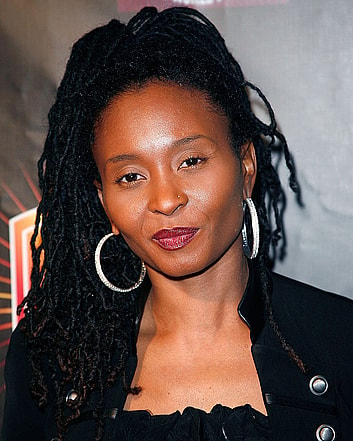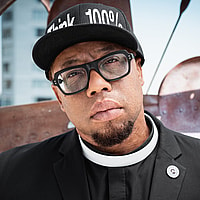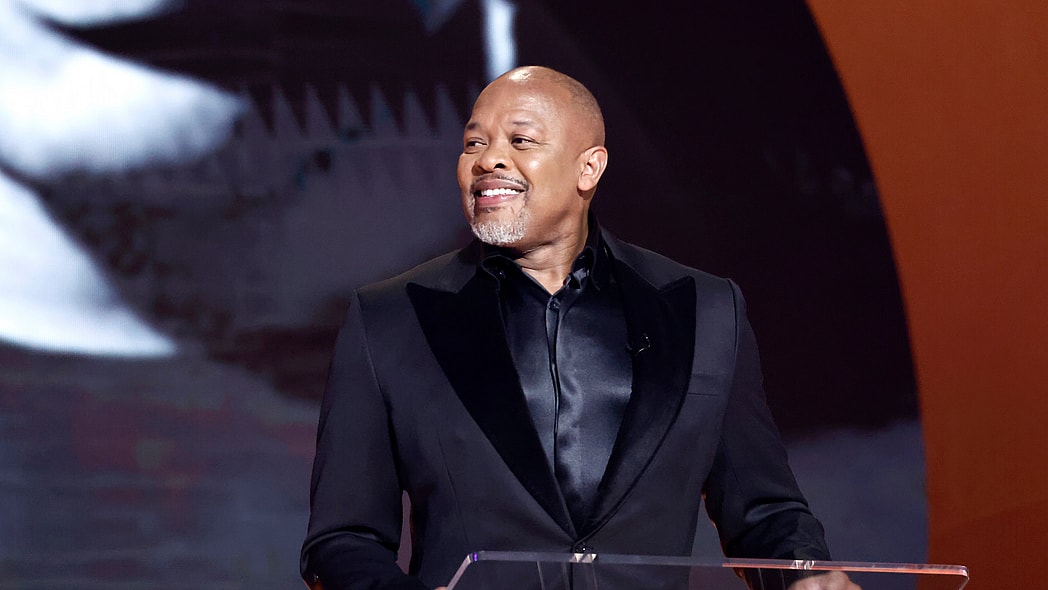Editor’s note: The following article is an op-ed, and the views expressed are the author’s own. Read more opinions on theGrio.
I ended Grammy night like most people in my network — feeling like the most powerful woman in the industry was once again denied Grammy’s biggest honor. But when Dee Barnes gave her reaction to that night in an interview with Rolling Stone, I felt ashamed that a hip-hop pioneer who was erased after she was attacked by Dr. Dre hadn’t been more on my mind during an awards show that specifically celebrated hip-hop.
The Grammys dedicated 15 minutes to a celebration of hip-hop’s approaching 50th anniversary, a performance that was supposed to be a step forward for the ceremony’s historically poor diversity efforts and a deliberate change from the nationwide reckoning with white supremacy in the wake of the 2020 murders of George Floyd and Breonna Taylor.

And while the Grammy performance, curated by Questlove, did feature a broad and inclusive celebration of Black excellence across generations, from Grandmaster Flash straight through to Lil Baby, its potential impact was overshadowed by another part of the evening: when Dr. Dre, who has long been accused of violence against multiple women, was doubly honored by an award for personal and professional achievements in the industry.
As we gear up to celebrate hip-hop’s past achievements and innovations, we must also keep it real with ourselves about our high tolerance for violence against women and the way we continue to collectively silence the women who tell their truth about surviving that violence. I’d like to call it a dark history, but last year ended with Megan Thee Stallion, another powerful woman in this community, having to fight for her truth.
It should no longer be acceptable to honor men who mistreat and then sideline women from sharing in hip-hop’s success story — and who refuse to be held accountable for their actions. Dr. Dre is a musical genius who forced hip-hop to stretch its geographical boundaries across the country. In doing so, he opened up the entire country and globe to contribute its unique sounds, to be more than provincial. He made music that was honest about the violence from his era. But creating an award in his name, with accusations of long-standing patterns of violence, keeps us locked in a perpetual adolescence, where we refuse to heal or grow. It sidelines the women who’ve been a part of this culture in every way from the very beginning, and it attempts to erase decades of harm.
In 1991, Dee Barnes was the host of the hip-hop show “Pump it Up!” It ran a segment that year where Ice Cube, who had parted ways with Dr. Dre and fellow N.W.A. bandmates over a royalties dispute, spoke about the tension between them. The clip allegedly angered Dr. Dre to the point that, when he encountered Barnes at an album launch party, she says slammed her face into a brick wall in the venue restroom. Barnes has consistently spoken out about the incident, which left her with recurrent migraines. But while Dr. Dre went on to see enormous artistic and business success, she was blacklisted from the industry and ultimately spent three years unhoused.
Similarly, singer Michel’le, an ex-fiancee of Dr. Dre and the mother of one of his children, has recounted how he gave her a series of black eyes and cracked her rib, after which she mostly stepped away from a promising music career. Even more recently, Nicole Young, Dr. Dre’s ex-wife, accused him of repeated domestic violence during their 24-year marriage. Yet, the award at the Grammys was both renamed the Dr. Dre Global Impact Award in his honor and presented to him, despite this long history of alleged violence against women.
Even worse, its renaming was spearheaded by the Black Music Collective, a group formed specifically to “amplify Black voices within the Academy and the wider music community.” Yet Dr. Dre’s success in the face of serial allegations against him has the effect of silencing his accusers when a public reckoning is the only way to hold perpetrators accountable and begin a reconciliation process.
There have been times when advancements in Dr. Dre’s career met pushback from fans angry at the way serial allegations seem to roll off his back. The announcement that Dr. Dre was being featured in the Super Bowl halftime show last year came right around the time R. Kelly was being convicted of three counts of producing child pornography and three counts of enticing a minor into criminal sexual activity. Fans at the time responded incredulously at the time about the NFL’s decision to give such a plumb platform to a man accused of violence by multiple women.
This outcry was apparently short-lived.
We’re so busy being mad at Beyoncé’s top award loss that we are overlooking another real problem: Hip-hop continues to support men at the expense of women when we can only move forward through collective effort. As we celebrate one of our great art forms this year, we must do so in a way that creates space for restorative justice and builds a better future. We must ensure that the talented women, like Dee Barnes and Michel’le, who made hip-hop into the powerhouse that it is only to be sidelined, are celebrated with the fanfare their contributions deserve. Hip-hop’s next 50 years will be stronger when every voice has a mic.

Rev. Lennox Yearwood Jr. is the president & CEO of Hip Hop Caucus, and host of the award-winning podcast, “The Coolest Show.”
TheGrio is FREE on your TV via Apple TV, Amazon Fire, Roku, and Android TV. Please download theGrio mobile apps today!


